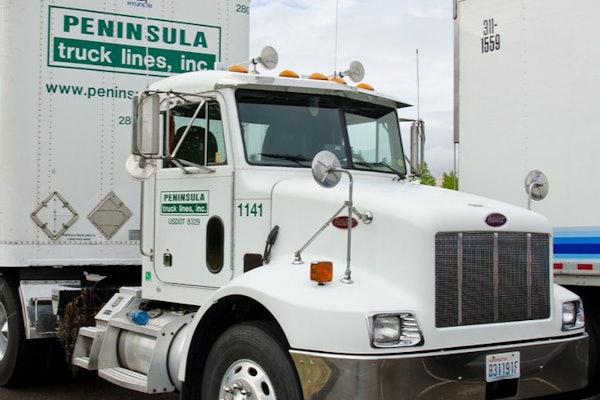A federal appeals court ruled Friday, May 19 that several elements of a 2003 Maine law restricting the sale and delivery of certain tobacco products via the Internet violates the federal prohibition on states regulating prices, routes or services of motor carriers. The U.S. Court of Appeals for the First Circuit upheld in part and reversed in part a summary judgment that a district court granted the New Hampshire Motor Transport Association, the Massachusetts Motor Transportation Association and the Vermont Truck & Bus Association.
Maine’s tobacco delivery law permits a licensed tobacco retailer to sell tobacco products directly to consumers via the Internet or other electronic means so long as the retailer takes specified steps to ensure that sales are not made to minors. One such step requires the retailer to use a carrier that will ensure that: (1) the purchaser of the tobacco products is the same person as the addressee of the package; (2) the addressee is of legal age to purchase tobacco products and must sign for the package; and (3) if the addressee is under 27 years of age, that he show a valid government-issued identification verifying that he is old enough to purchase tobacco products.
The Maine law also makes it illegal for anyone to knowingly deliver tobacco products to a Maine consumer if the products were purchased from an unlicensed retailer. The law further states that a person delivering a package “is deemed to know” that the package contains tobacco products if it so indicates on any side other than the side directly opposite the label or was shipped by a person listed by the attorney general as an unlicensed tobacco retailer.
The appeals court ruled that the state could prosecute carriers for knowingly delivering contraband tobacco but that the methods it proscribes are preempted by federal law.
“In reaching this conclusion, we recognize that there is a potential tension between saying that, on the one hand, Maine is free to punish the knowing delivery of material that it has classified as contraband, while, on the other hand, ruling that it may not dictate or interfere with a carrier’s delivery procedures,” the appeals court admitted. “What we are saying here, however, is that Maine cannot use the mechanisms outlined in the statute to impute knowledge based on a failure to read labels or consult lists — an imputation which would amount to prescribing how carriers must operate. If, however, Maine could prove that a carrier employee had actual knowledge that a package being delivered was contraband tobacco, then it might have a colorable enforcement case — although such circumstances, as a practical matter, may be difficult to prove.”
For a copy of the decision, click here.








